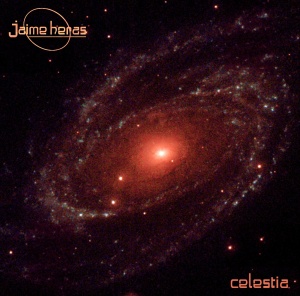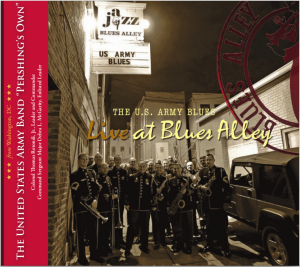So, I do have albums selected for every week between the last Writing Music Monday post and today, I just have to write them up and post them. And I want those out of the bloody way, so the rest of this week may see two to three posts per day. Or I may be lazy (I know, what a shock, right?) and they might not. I’ll try.
But for now, it is the first Monday in December, and time for Christmas music.
And, being me, I’m opting to start off weird. (Not to fear, the next two weeks will see plenty of more traditional music for you to enjoy.)
Today’s album is brief at thirty-four minutes, but I enjoy it. It is an album with a mission statement:
All of the most popular Christmas songs were composed during the 19th century, and are still used until today, despite being extremely outdated and obsolete. With this album Cervello Meccanico proposes a collection of songs intended to be more suitable for the present century.
What this is is a collection of experimental electronic works by various artists. Imagine if, e.g., Delia Derbyshire had set out to do new holiday music in her prime. A number of the tracks remind me of her work, and I mean that in a very positive way.
There’s also at least one (very good) chiptune.
Your mileage may vary on how festive or holiday-oriented most of the pieces make you feel, but there can’t be any new classics if you never listen to new songs, right? At the very least, the first track or two should be something you won’t mind having playing in the background at a holiday party or gathering.
Download canzoni per i natali del futuro by Various Artists [Cervello Meccanico] free from Cervello Meccanico’s site, the Free Music Archive, or the Internet Archive.

canzoni per i natali del futuro by Various Artists [Cervello Meccanico] is licensed under a Attribution-Noncommercial-Share Alike 2.5 Italy License.
















